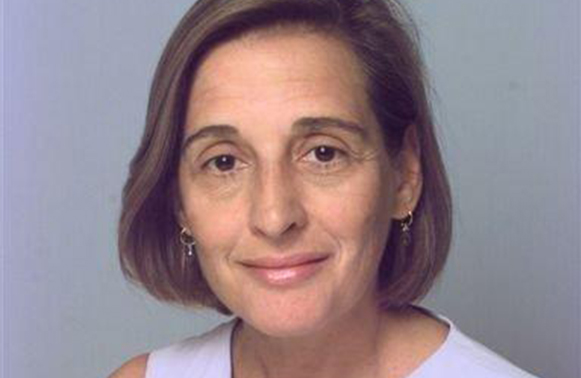2017 Lupus Insight Prize Winner

2017 Lupus Insight Prize Winner
2017 Lupus Insight Prize Winner
Shares Her Insights About Childhood Lupus
Dec. 20, 2017. In piecing together the many complex and varied parts of the lupus puzzle, Virginia Pascual, MD — this year’s winner of the Lupus Insight Prize — looks to her own patients for answers.
As a clinician and a scientist, Dr. Pascual’s work, in the lab and at the bedside, is guided by an intimate knowledge of the personal experiences of her patients — children coping with the consequences of lupus.
Dr. Pascual continues to study her young patients as they grow up, hoping her research will bring greater clarity about lupus and new pathways to treat it. After seeing some of these kids for many years, she says, “They are close to my heart.”
It’s no surprise that Dr. Pascual’s work is patient-driven — an investigation directed by the data she and her team obtain from patient blood samples. Rather than limit her focus on one cell type, Dr. Pascual analyzes very tiny amounts of patient blood in a diagnostic process called immunophenotyping.
“We’re looking at blood because it is the pipeline of the immune system. There are many different types of cells in the blood, and they communicate with different organs and even the lymphatic system — which is very important to immune-mediated inflammatory diseases like lupus,” explained Dr. Pascual.
Understanding the role of these different cell types, the proteins they make, and the genes they express takes state-of-the-art technology — both traditional and emerging — to learn as much from patient samples as possible. “We’re going after anything that the cells in the blood can teach us,” continued Dr. Pascual.
With the help of computational biology, Dr. Pascual pulls all of this data together. Of particular interest is her groundbreaking discovery that lupus patients can be placed into distinct groups, based on different types of molecular activity underlying the disease.
She believes this discovery will make clinical trials more exact in the future. Stratifying patients according to molecular drivers of disease should better explain why a drug works in some patients and not others.
In the long-term, Dr. Pascual hopes that her work will lead to the identification of biomarkers to recognize molecular drivers of flares — and to identify them early enough to start treatment before the damage is permanent.
In addition to receiving this year’s Lupus Insight Prize, Dr. Pascual has received multiple grants from the Lupus Research Alliance —and she freely acknowledges the pivotal role the organization has played in her life’s work.
“The Lupus Research Alliance was among the first to support my work for the development of this immunophenotyping biomarker stratification of lupus,” said Dr. Pascual. “Without them, I would not have been able to get where I am today.”
Dr. Pascual also recognizes the difference the Lupus Research Alliance is making in many other areas of the research.
“The organization is open to every new advance in science and technology and, more importantly, it is doing a great job of attracting the most brilliants minds in science, biology, and immunology to work on lupus. I feel very proud to be part of this world of the Lupus Research Alliance,” Dr. Pascual concluded.
Dr. Pascual was recently named Founding Director of the Gale and Ira Drukier Institute for Children’s Health at Weill Cornell Medicine in New York City.



